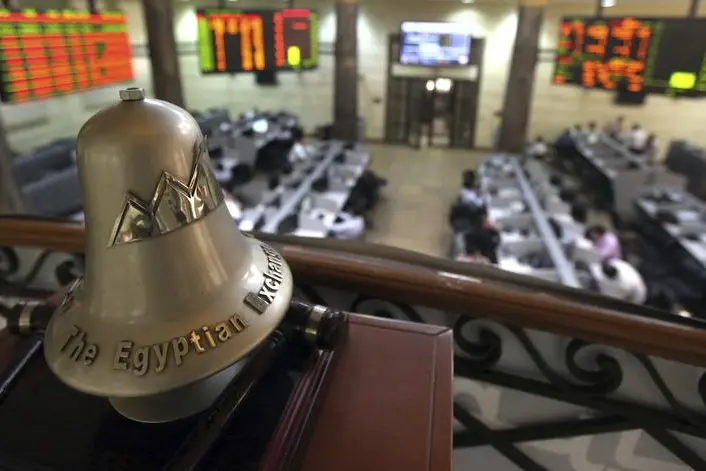PHOTO
Saturday, Dec 24, 2016
Dubai: With growing risks all around, be it from politics and its impact on policies or upcoming elections in Europe, or Brexit in the UK, fund managers have one simple piece of advice: be conservative, and look at long-term themes for investments.
Last year, the theme mainly revolved around the divergence of monetary policies in developed and emerging world and the trading opportunities surrounding them, but in 2017, things will be very different.
“Investors will quickly be able to adjust to new developments in markets next year. It will be a mistake to have one theme, and stick with it for the rest of the year with the changing landscape amid changing economic and political environment,” Nadi Bargouti, Managing Director — Head of Asset Management at Emirates Investment Bank told Gulf News ahead of the publication of next year’s investment outlook.
Mostly investors should stick to long term trends such as ageing, urbanisation and population growth, among others, which are far immune to policy changes or in case of a populist vote in upcoming elections in France and Germany.
“We believe that by avoiding investing in event outcomes, and instead focusing on broader trends in earnings and monetary policy and diversifying across asset classes and regions, investors can minimise their exposure to identifiable events, find opportunities, and reduce portfolio volatility,” Max Kunkel, ultra high net worth investment strategist at UBS Wealth Management told Gulf News in an email.
“We believe diversification across regions and asset classes as well as limiting home bias provides investors with the best way to protect and grow wealth in a world of increasingly complex and difficult choices,” Kunkel said.
“It should also help to minimise exposure to local risks and take advantage of global opportunities. In our view, investors should also consider investing in trends that are less affected by policy and centred around long term trends,” Kunkel said.
Even though the themes are many, UBS is overweight on developed markets.
The Dow Jones index has gained 14.44 per cent since the start of the year, compared to the 6 per cent gains in the MSCI emerging market index in the same period.
“In general, due to their respective risk and return requirements, we advise clients to hold a greater part of their wealth in developed market equities versus emerging market equities in their strategic asset allocation,” Kunkel said. UBS is overweight on US equities against high grade bonds due to their forecast of higher earnings growth and constructive valuations on a cross asset basis.
Conservative
But overall, investors would prefer a conservative portfolio in a risky world.
“Investors are more conservative than 2016 because of the fear of the unknown for next year. It’s different than last year because they were concerned about valuations. Valuations still remains an issue for them and although that’s one concern, there are several others, and that is making them more cautious and conservative,” said Bargouti.
“In this market, we are not going by asset class, but we are very selective in our approach. We won’t be able to create an alpha, with indexed funds. But play with sectors which would be benefiting from the current scheme of things,” Bargouti added.
Kunkel advised investors to look at underlying trends.
“There is certainly a great deal of concern around the increasing traction that anti-establishment parties have garnered, particularly in Europe. However, the focus on underlying trends in earnings and monetary policy have continued to dominate investment behaviour,” said Kunkel.
But the underlying message remains key.
“There are a lot of themes that we are looking at, so you can be just a passive investor next year because there are so many factors that would impact markets. You need to always on the move, and re-position yourselves according to new developments,” Bargouti said.
By Siddesh Suresh Mayenkar Senior Reporter
Gulf News 2016. All rights reserved.





















